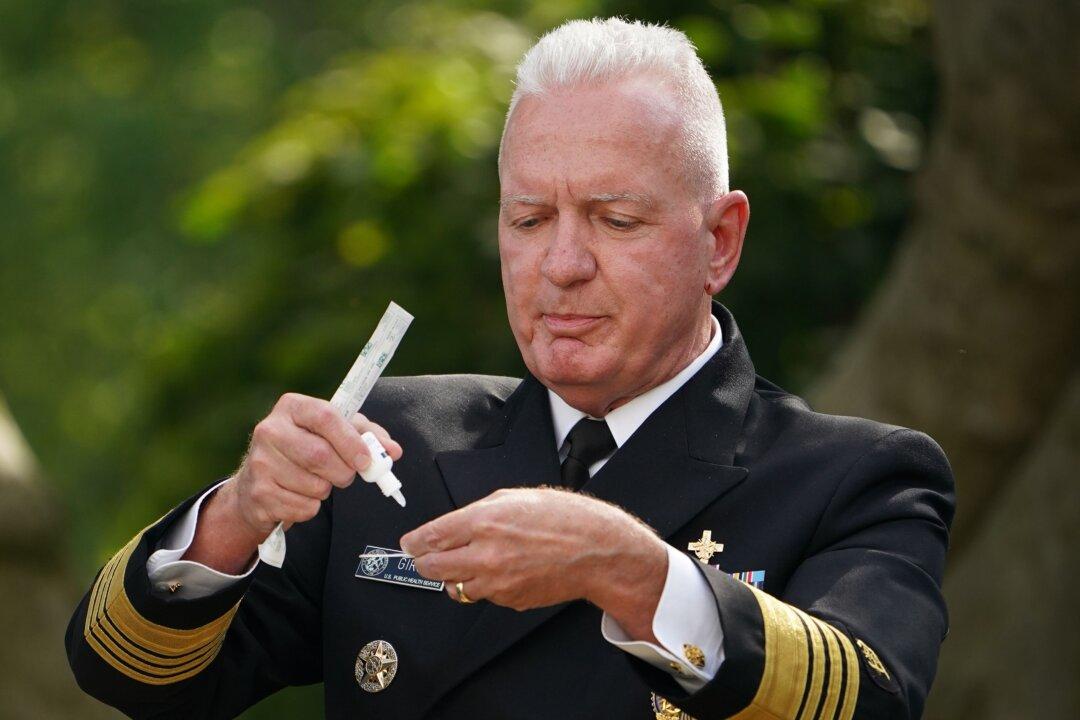President Donald Trump announced on Sept. 28 that the U.S. government will start distributing 150 million rapid COVID-19 tests to states this week in a bid to help governors safely reopen K–12 schools and economies.
Of the total, the administration is dedicating 100 million tests for schools and measures to help reopen economies. An additional 50 million tests will target the most vulnerable elderly population in nursing homes, assisted living facilities, and home health and hospice sites.





